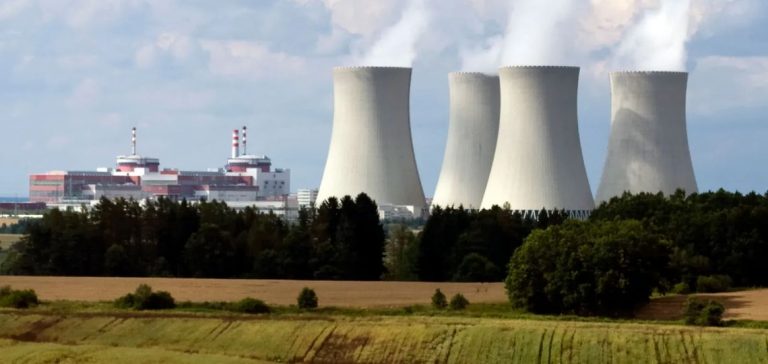Italy is on the verge of re-evaluating its stance on nuclear energy. The government, led by Prime Minister Giorgia Meloni, is considering lifting the ban imposed by the referendums of 1987 and 2011. To do so, Rome is looking toward international specialized partners, namely the American group Westinghouse and the French EDF, to establish a new state-owned company dedicated to advanced nuclear reactors.
Strategic partners for a nuclear comeback
EDF, already present in the Italian market through its subsidiary Edison, has confirmed its interest in this project, particularly in Small Modular Reactors (SMR). The French group is already working with local players such as Ansaldo Nucleare and Federacciai to explore SMR deployment opportunities to decarbonize critical industrial sectors. Westinghouse, on the other hand, brings recognized expertise in nuclear reactor technology, making it a strong contender to support Italy’s nuclear strategy.
Energy and geopolitical stakes for Italy
Currently, Italy heavily relies on imports to meet its energy needs, with imports accounting for 15 to 20% of its total consumption. The Italian government is seeking to diversify its energy sources to enhance its energy security while aligning its efforts with the European Union’s decarbonation goals. The creation of this new state-owned entity could not only revive Italy’s nuclear industry but also establish a local supply chain for advanced nuclear technologies.
Regulatory context: towards a relaxation
Italy plans to establish, by the end of 2024, a regulatory framework to authorize the use of new-generation nuclear technologies. Transition Minister Gilberto Pichetto Fratin emphasized that these reforms are essential to respond to the growing energy demand and reduce the country’s carbon emissions. Although the current framework still prohibits the operation of nuclear power plants, discussions are underway to lift this restriction.
A complex nuclear past but intact expertise
Despite the ban, Italy has continued to develop its nuclear capabilities through its key companies. Enel, the state-controlled electricity provider, operates nuclear power plants in Spain. Meanwhile, Eni, another major energy player, is involved in nuclear fusion research. This expertise positions Italy as a potential candidate to rapidly integrate new technologies if the regulatory framework evolves.
Edison’s ambitions and the role of Italian industry
Edison, EDF’s Italian subsidiary, has expressed its desire to be part of this ambitious project. Nicola Monti, CEO of Edison, stated that the company wants to join the new entity to support the revival of nuclear energy in Italy. Edison is already in discussions with Ansaldo Nucleare and other local players to establish strategic alliances. These partnerships focus on the development of third-generation reactors to power hard-to-decarbonize industrial sectors, such as the steel industry.
Outlook for the Italian energy sector
If this project materializes, Italy could become a key player in the development and export of advanced nuclear technologies in Europe. The country’s geographical position, combined with its industrial capabilities, could enable the creation of a regional hub for the production and deployment of SMRs and other innovative solutions. The fusion reactor project in which Eni is involved could also receive increased support if the regulatory framework changes.
The ongoing discussions between Italy, Westinghouse, and EDF will be closely monitored, as they could signal a major turning point for the European nuclear sector, offering new business opportunities for both Italian and international companies.






















